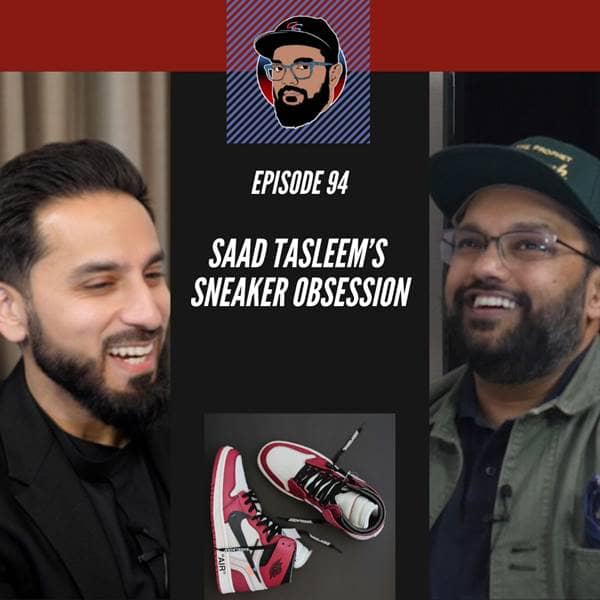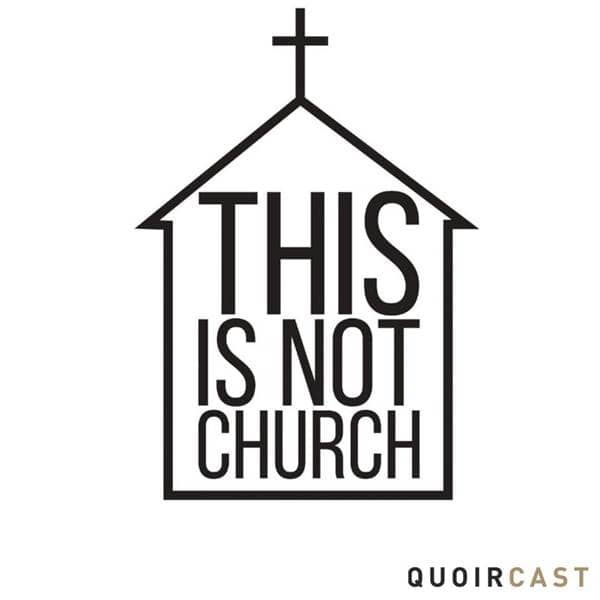
What Does the Bible Say About Speaking in Tongues?
The topic of speaking in tongues, also known as glossolalia, is addressed primarily in the New Testament. In Acts 2:1-4, on the day of Pentecost, the apostles were filled with the Holy Ghost and began to speak in other tongues as the Spirit gave them utterance. This miraculous event has been a point of discussion and various religious traditions interpret and practice it differently. Here's a brief overview of how some of these groups interpret what the Bible says on this topic:
Early Christian Perspective:
The 2nd century Church Father, Irenaeus (circa AD 130-202), described the purpose of speaking in tongues as evidence of “the Lord’s…power to admit all nations to the entrance of life, and to the opening of the new covenant.” He said that this “gift of the Spirit” brought “distant tribes to unity,” and evidenced “God’s acceptance” of all peoples–not just Jews, but Gentiles as well–not just those of the Church in the West, but also of those in the East. Thus, for Irenaeus (and early Christians, like him), if one manifested glossolalia–or the gift of tongues–this was evidence that that person was receptive to the Holy Spirit and accepted by God and, thus, on the road to eternal life.
Islamic Perspective:
The Qur’an does not speak of the gift of tongues, and Islam doesn't have a direct counterpart to the Christian practice of glossolalia. However, the recitation of the Quran in Arabic, even by those who don't speak the language, holds a special place in Islamic practice. But this isn't the same as the spontaneous, often ecstatic utterances recognized as speaking in tongues in Christian contexts.One minor parallel to spiritual gifts (like speaking in tongues) might be found in Islamic Sufism, which seeks to engage in practices that potentially promote spiritual “experiences” akin to those had by the Prophet Muhammed (PBUH). While hardly “mainstream,” groups (like the “Whirling Dervishes”) have been known to have “ecstatic” encounters with the divine which might parallel the Christian experience of a manifestation of one or more gifts of the Spirit.
Jewish Perspective:
Speaking in tongues is not a feature of the Hebrew Bible (i.e., “Tanakh” or “Old Testament”). As a consequence, traditional Judaism does not practice or promote speaking in tongues. This is viewed by most Jews as a Christian phenomenon. That being said, some Jewish mystics in past ages have had practices and spiritual “manifestations” that would seem similar to charismatic experiences (in Christianity) and which could be labeled as “gifts of the Spirit.” Nevertheless, this specific gift is not something talked about as part of mainstream Judaism–today or in the biblical era.
Protestant Perspective:
Among Protestants, views can vary significantly. Many Pentecostal and Charismatic groups believe that speaking in tongues is a spiritual gift given to believers as evidence of being filled with the Holy Spirit. Some see it as a “private prayer language,” while others expect it to be interpreted in congregational settings (by someone with a similar gift–the gift to “interpret tongues”). Other Protestant denominations either do not emphasize the practice, or believe that the gift ceased after the apostolic age. (This, for example, is the view of Jehovah’s Witnesses–and is known by various Protestant denominations as “cessationism.”)
Roman Catholic Perspective:
While the Roman Catholic Church recognizes the gift of tongues, as mentioned in the Holy Bible, and sees it as one of many “charisms” (or spiritual gifts); historically, it has not been a central focus of Catholic worship. Traditional Catholics might find the manifestation of this gift “out of place” if not “weird”--based on common worship forms in the Church. However, with the 20th century Charismatic Renewal movement within Catholicism, speaking in tongues (and other charismatic practices) have gained more acceptance among some Catholics and, thus, glossolalia is not unheard of in the Church today–though still rare when compared to Pentecostal manifestations of this gift.
The Church of Jesus Christ of Latter-day Saints (or “Mormons”):
Latter-day Saint Christians not only see support for the gift of tongues in the Holy Bible–which is part of their scriptural canon–but also in the Book of Mormon: Another Testament of Jesus Christ, and a canonical text of the LDS faith. See, for example, Moroni 10:15; Acts 2:4 and 1 Corinthians chapters 12-14.) According to the teachings of The Church of Jesus Christ of Latter-day Saints, the primary purpose of this gift of the Spirit is to teach the Gospel to people in their own language, so that they can hear the “good word,” understand it, and embrace Jesus Christ. Historically, many LDS missionaries have reported being able to speak a language they had not known prior to their missionary service. Thus, for Latter-day Saint Christians, this is a gift of the Spirit commonly manifest, but not in Sunday worship services. Rather, mostly in the context of missionary work.
These are broad overviews and, within each tradition, you'll find a range of beliefs and practices related to speaking in tongues.
10/24/2023 9:53:14 PM











